| Marie de Vaublanc had just attained the age of seventeen, till which period sorrow had never obtruded itself on her youthful mind; she knew not, and therefore did not fear, the unsteadiness of Fortune. Alas! To the eye, accustomed only to a continued sunshine, how fearful must be a lowering sky!... --opening of First Impressions |
 Hapless heroine thrown upon the world. AI generated image.
Hapless heroine thrown upon the world. AI generated image. Holford's First Impressions is a four volume novel, and although the action drags a bit in the middle as we suffer along with the heroine through her various vicissitudes, I have to say it starts out with a bang--Holford wastes no time in setting up her heroine to be both penniless and friendless. Her plight is not a very good reflection on the foresight of her late guardian, Madame de Vaublanc, when it comes to estate planning. We have to assume that good old lady didn’t realize her cousin and executor was dishonest and corrupt, although the fact that his name is “Gripe” should have tipped off any cautious woman...
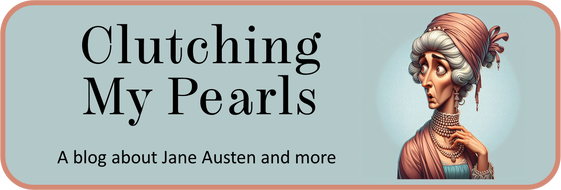
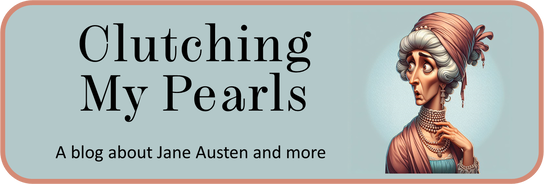
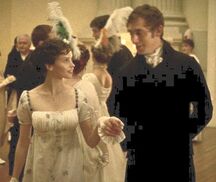
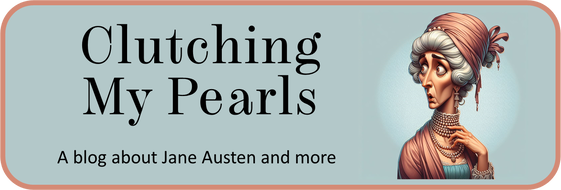
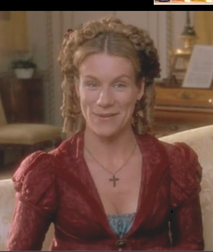
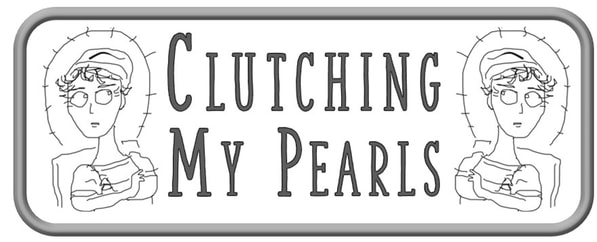
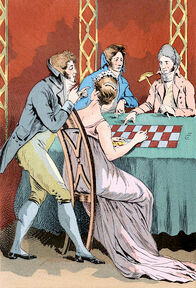
 RSS Feed
RSS Feed